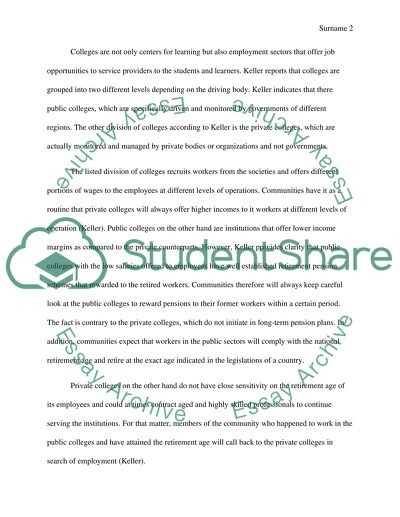Cite this document
(“What does the Government, Local Community and Employers Want from Essay”, n.d.)
Retrieved from https://studentshare.org/english/1435947-what-does-the-government-local-community-and
Retrieved from https://studentshare.org/english/1435947-what-does-the-government-local-community-and
(What Does the Government, Local Community and Employers Want from Essay)
https://studentshare.org/english/1435947-what-does-the-government-local-community-and.
https://studentshare.org/english/1435947-what-does-the-government-local-community-and.
“What Does the Government, Local Community and Employers Want from Essay”, n.d. https://studentshare.org/english/1435947-what-does-the-government-local-community-and.


